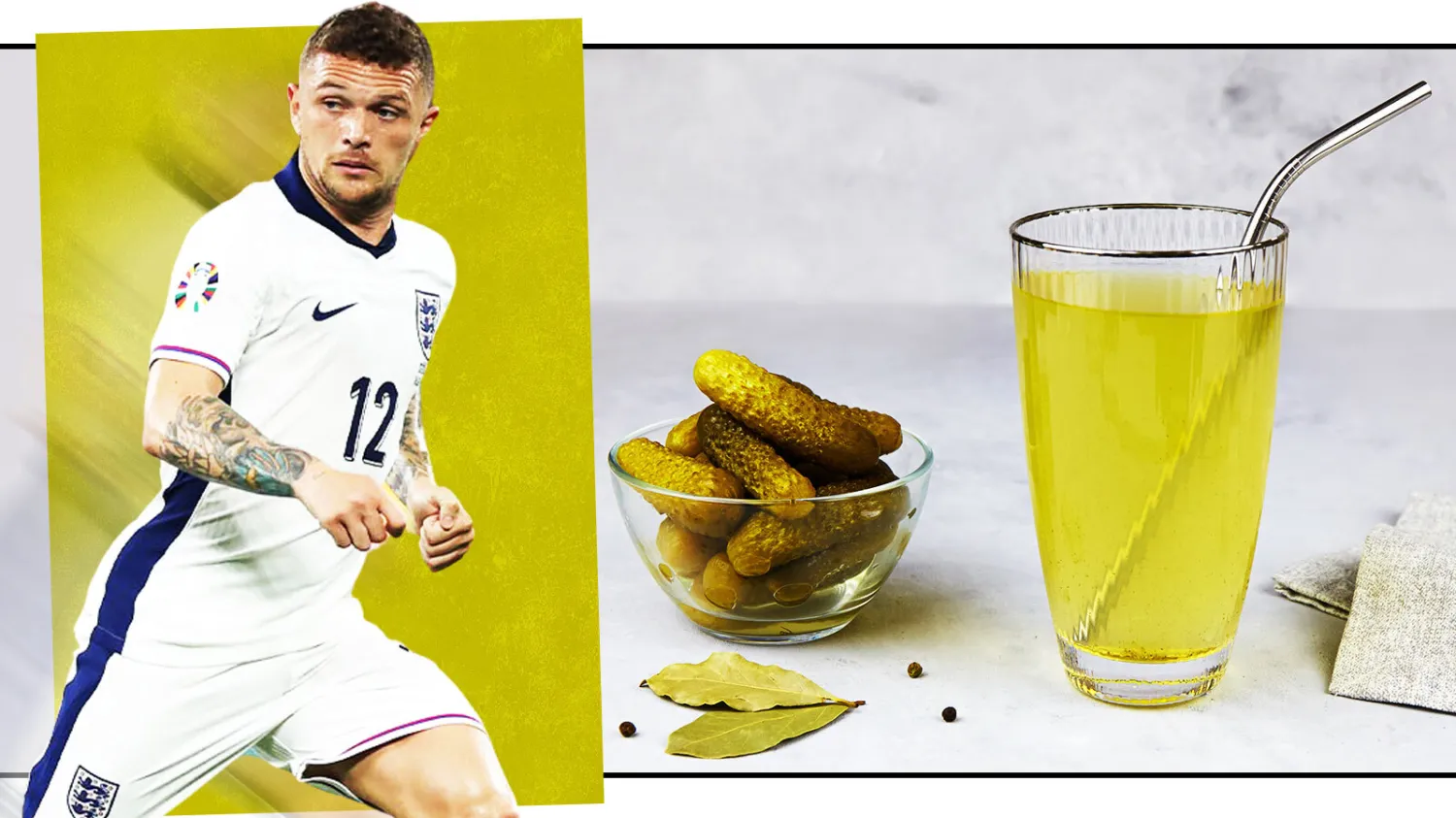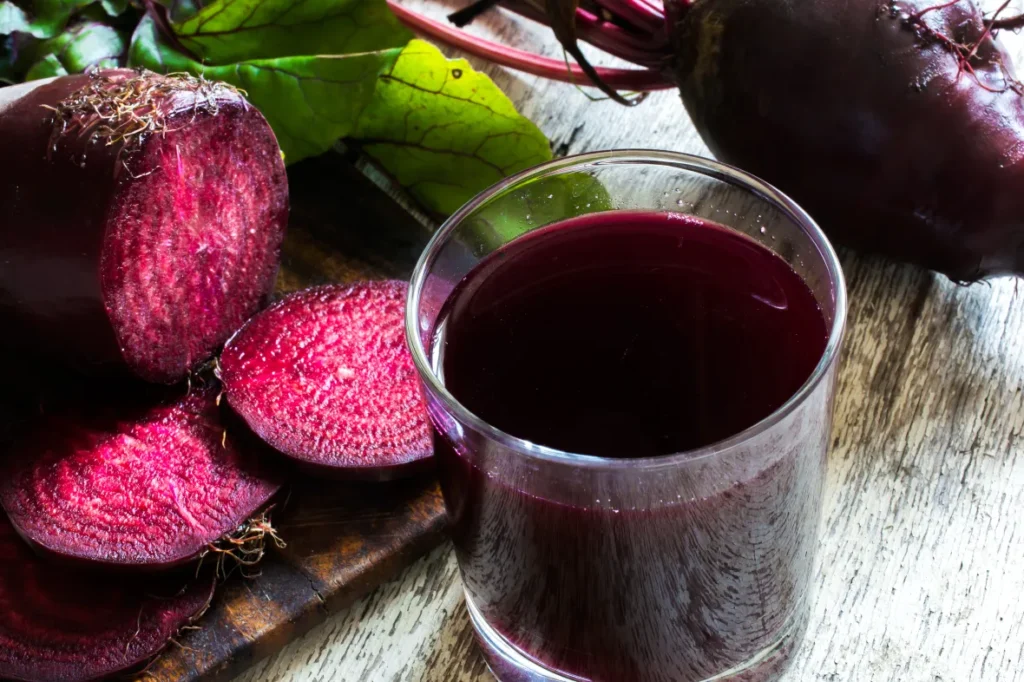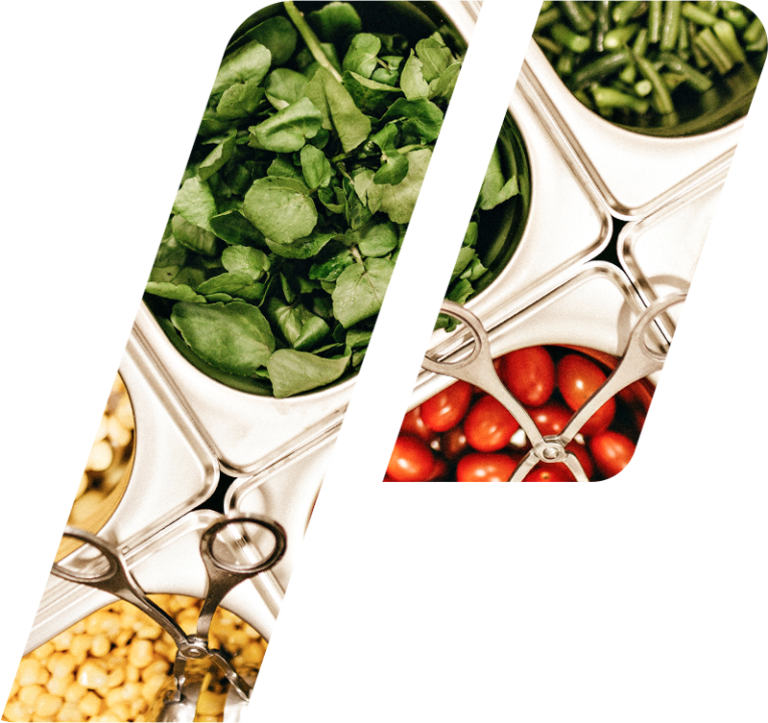Carlos Alcaraz drank pickle juice during his Wimbledon-winning final last year
But what is it about the briny stuff that has afforded it a reputation as a magic potion for elite athletes? Cramp is particularly common during hot, humid conditions when people sweat more profusely during exercise. There are differing opinions as to the precise cause, but the consensus is it is a result of neuromuscular misfiring when the delicate balance of electrolytes, or salts, in the body is disturbed. “Dehydration and changes in fluid and electrolyte levels can trigger the misfiring of nerve impulses, which accidentally sends signals to muscles to contract, resulting in cramp,” says Anita Bean, the sports nutritionist and author of The Complete Guide to Sports Nutrition. “Like many other sports drinks, pickle brine contains sodium and potassium, electrolytes lost in sweat that may be helpful in preventing cramp by preserving the fluid balance, but there are also other factors at play.”
A few studies have suggested the main active compound in pickle juice is acetic acid, a by-product of fermentation that gives vinegar its characteristic odour and taste. And it is this, says Bean, that most probably stops cramp in its tracks once it has struck. Anecdotally, pickle juice fans say as little as one tablespoon of it can relieve muscle cramps within 35 seconds. “It is the acetic acid that is probably having the beneficial effect of easing cramp,” Bean says. “Nerve receptors in the mouth detect acetic acid in the pickle brine and provoke a neurological reflex in which the brain sends messages to the muscles telling them to relax.”
When sports scientists at North Dakota State University tested the effects of pickle juice on electrically induced muscle cramps in a group of dehydrated exercisers, they found it stopped the cramping. The team said “the effect could not be explained by rapid restoration of body fluids or electrolytes” and it was likely that it was the acetic acid that prevented the condition.
It is not just athletes who might benefit. For a 2022 paper published in the American Journal of Gasteroenterology, Elliot Tapper, a hepatologist and associate professor of internal medicine at the University of Michigan, asked 82 patients with cirrhosis, or chronic liver damage, who were prone to muscle cramping to take a single tablespoon of pickle juice or a small sip of tap water as soon as a cramping episode started during a four-week trial. “More patients in the pickle juice arm reported that their cramps were stopped by the intervention — 69 per cent compared to 40 per cent in the tap water arm,” Tapper said.
In his study, people did not use a commercial pickle juice shot, but were simply asked to purchase jars of non-sweetened pickles of their choice and to consume the liquid. Tapper says the results show pickle juice to be a “low-cost, widely available and safe first-line therapy” for cramp recovery.
There are other benefits, if you can stomach it. “Pickle juice is low in calories and does contain a little vitamin C and potassium,” the sports nutritionist Rob Hobson says. “But the other thing it provides is a dose of probiotics, the healthy bacteria that can improve gut health, which are another by-product of fermentation, although they are not present if the pickle juice has been pasteurised.”
If pickle juice is not for you, there are other products that claim to aid recovery and boost health. Here are four of the best.
Blackcurrant extract
Rich in anthocyanins — antioxidants present in red, blue and purple fruit and veg that can help to prevent inflammation — extract of blackcurrant juice has been shown to reduce muscle soreness after exercise. Supplements contain the equivalent amount of anthocyanins as a large handful of fresh blackcurrants and a study at the University of Surrey showed that gymgoers who took a capsule an hour before performing a series of biceps curl exercises recovered three times faster over a 96-hour period than a group taking a placebo. “Small studies have shown it can be effective,” Bean says. “But you would get the same benefit from eating a lot of dark berries.”
Tart cherry juice shots
Tart-tasting Montmorency cherry juice shots are a standby for many athletes because the high amounts of antioxidant phytochemicals they contain are a potent recovery aid. One review of 14 published studies by researchers at St Mary’s University London and Northumbria University published in the International Journal of Sport Nutrition and Exercise Metabolism showed that cherry juice consumed as a shot or capsule significantly reduced muscle soreness after intense exercise compared with a placebo pill.








